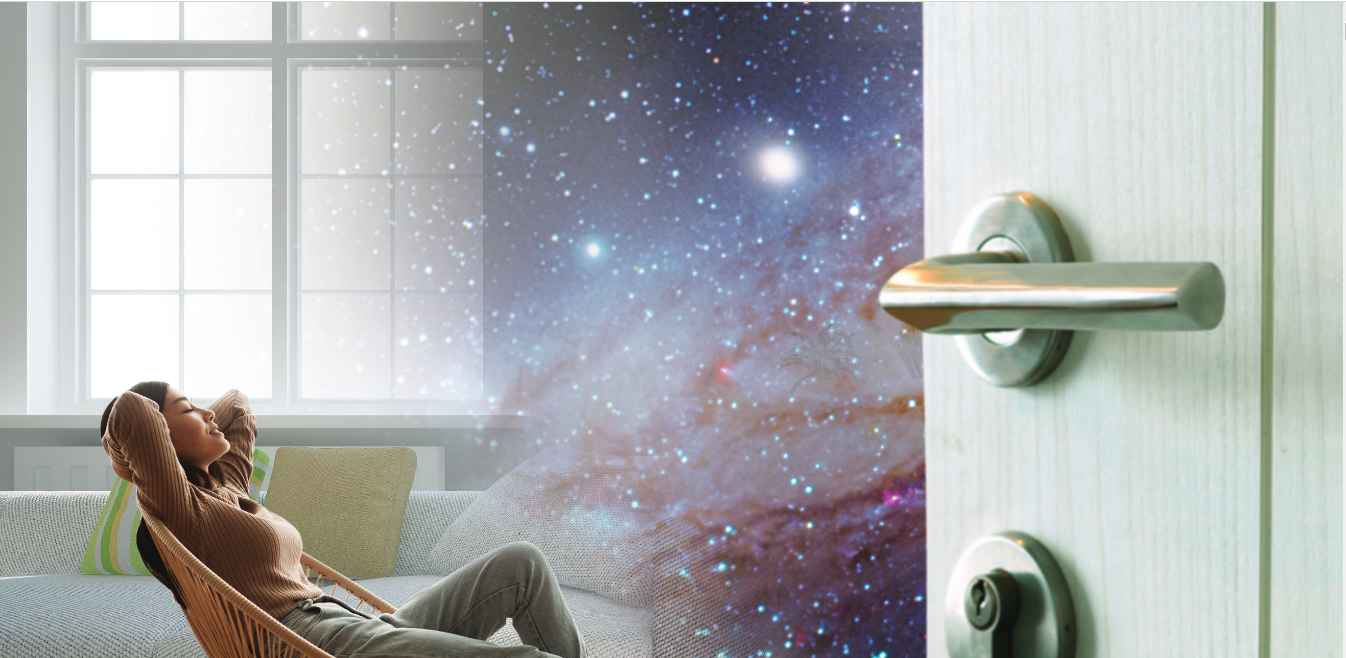SERVICE OVERVIEW
Air filtration captures air particles such as dust, hair and much more. These particles are stopped at the source through specialized filtration techniques. Every filter is unique and has different filtering properties. There are various types of filters used for capturing different types and sizes of particles. Often air particles are usually not efficiently trapped with their current filter, it is very important to be sure you are using the correct filter for your needs.
Changing your ventilation filters regularly is a must. Not doing your proper maintenance can have serious impacts on your machine and health such as system damage, reduced machine performance and contaminated air. Good air filtration improves indoor comfort and productivity for occupants. Dust and allergens can be reduced, relieving symptoms of sensitive allergic people. Filtration can also protect possessions by reducing the amount of dust and dirt in the air, and help keep equipment running clean, at peak efficiency. Simple and easy to use, a little extra air filtration goes a long way in protecting HVAC equipment investments and your health.
Synergie Fresh Air is proud to provide you with information on the proper ventilation filters for you. Whether you are looking for a full maintenance package on your system or just looking to change your filter, we are here to help. Call us now at 321-723-7337
Please feel free to contact us if you have any questions about our other heating and ventilation products or installations.

FREQUENTLY ASKED QUESTIONS
What factors should be considered when choosing an air filter?
When choosing an air filter for ventilation, factors to consider include the filter’s MERV rating, which measures its effectiveness at trapping airborne particles, the specific contaminants present in the air, the required airflow rate, the filter’s resistance to airflow, and the filter’s compatibility with the HVAC system.
How often should ventilation filters be changed?
The frequency at which ventilation filters should be changed depends on various factors, such as the type of filter, the level of pollutants in the air, and the usage of the ventilation system. As a general guideline, it is recommended to change filters every 1 to 3 months for residential settings and more frequently for commercial or industrial settings.
Do air filters improve air quality?
Yes, air filters can improve indoor air quality by capturing and removing harmful particles such as dust, pollen, and other allergens. They can also help to reduce the concentration of airborne contaminants like bacteria, viruses, and volatile organic compounds (VOCs), which can lead to respiratory problems and other health issues.
